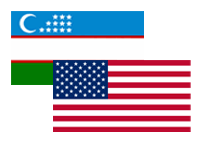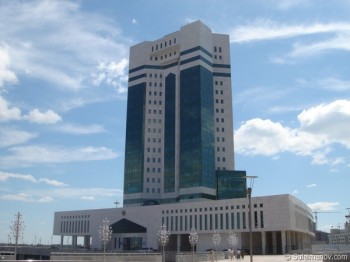 On October 27, the European Union at its General Affairs and External Relations Council Meeting in Luxembourg decided, as expected, not to renew the sanctions imposed on Uzbekistan in the aftermath of the Andijan uprising in 2005. Ultimately, the case has revealed a profound lack of strategic thinking on the side of the EU and recalls an important lesson for European diplomacy: that sanctions are an instrument for gaining compliance, and that the latter is a matter of leverage – for both sides involved.
On October 27, the European Union at its General Affairs and External Relations Council Meeting in Luxembourg decided, as expected, not to renew the sanctions imposed on Uzbekistan in the aftermath of the Andijan uprising in 2005. Ultimately, the case has revealed a profound lack of strategic thinking on the side of the EU and recalls an important lesson for European diplomacy: that sanctions are an instrument for gaining compliance, and that the latter is a matter of leverage – for both sides involved.


 In solving of necessary economical problems and implementation of anti-crisis policy it is impossible to forget the perspectives. Kazakhstan needs modernization of economy, establishment and development of new industrial areas, which would cover evident empty spaces in producing structure, taking the republic out of crude economy dependency. This requires attention as late as now, and such measures are to be containing itself as the important part of anti-crisis program.
In solving of necessary economical problems and implementation of anti-crisis policy it is impossible to forget the perspectives. Kazakhstan needs modernization of economy, establishment and development of new industrial areas, which would cover evident empty spaces in producing structure, taking the republic out of crude economy dependency. This requires attention as late as now, and such measures are to be containing itself as the important part of anti-crisis program. This submission highlights a number of key areas of concern regarding Kazakhstan’s compliance with its international human rights obligations. In the past several years the government has made a number of important and welcome steps, but these have not amounted to meaningful reform to address the country’s human rights problems.
This submission highlights a number of key areas of concern regarding Kazakhstan’s compliance with its international human rights obligations. In the past several years the government has made a number of important and welcome steps, but these have not amounted to meaningful reform to address the country’s human rights problems.


